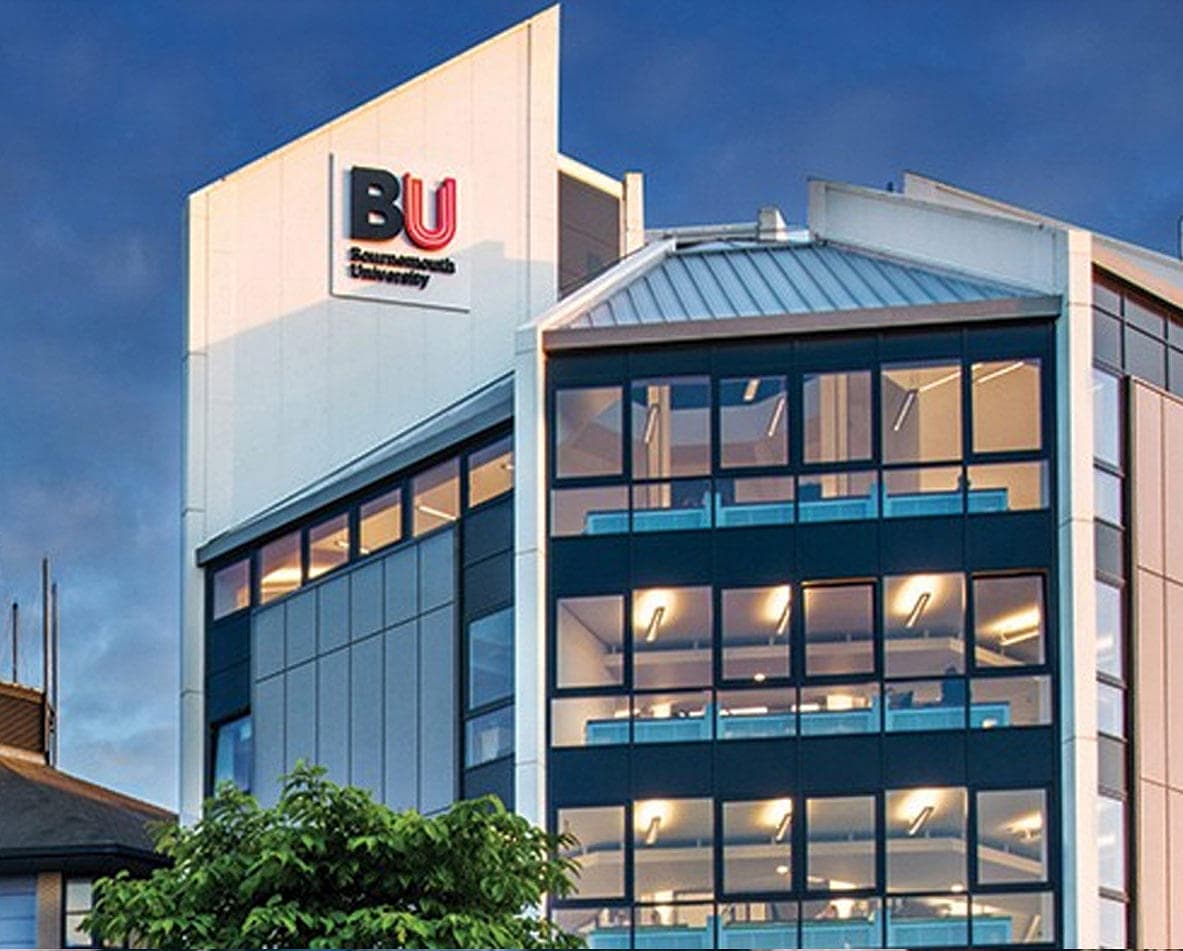Core units
-
Digital Journalism: Insights and practices of multi-media journalism, using a mix of text, radio and TV. You'll become familiar with multiplatform publishing, collaborating in multimedia teams, and develop competence in producing and analysing evolving styles of journalism in many digital forms.
-
Journalism in Global Contexts: This unit explores journalism in global contexts, offering insights into the issues relating to gathering and distributing news in - and for - varied news cultures. You'll be challenged to debate the ethical, political, social and cultural dimensions involved in journalism products for national and transnational audiences, which will prepare you to assess journalism in today’s predominantly digital media environment.
-
Legal & Ethical Context: Gain an understanding of media regulation, issues with press and broadcasting freedoms and approaches to the role of journalism and journalists, along with their ethical dilemmas and professional codes of conduct. You'll learn what you're legally allowed to report in the UK in situations including court proceedings and council meetings and how to avoid being sued, and consider what might be justified for publication in the public interest. This unit continues in Semester 2.
-
Multimedia Reporting Skills: Develop your skills in researching and reporting news and current affairs in radio, TV and online formats. The unit will nurture your ability to write fluently, concisely and coherently to deadline, develop contacts and sources using traditional and emerging social media techniques, consider intellectual, ethical and professional issues associated with news reporting and execute depth of research and imaginative presentation. Tasks include researching, interviewing and editing, in professional standard newsrooms and studios.
-
Journalism Project: You'll complete a self-conceived piece of independent research and produce an extended journalistic production under the guidance of a nominated supervisor. You’ll critically explore key issues and debates in journalism studies and develop a more specialised understanding in an area of your choice. There will be an opportunity to consider the relationship between journalistic practice and digital technologies. You’ll produce a reflective submission linked to your practical project. You’ll also be integrating, synthesising and extending the skills and knowledge you’ve gained so far and be able to prove you've met the intellectual, technical and personal skills demanded of a Master’s graduate. You can take this unit as distance learning, subject to your supervisor’s approval.
Option units
Choose two of the following option units:
-
Documentary Journalism: Examine documentary forms and practices in radio and television. Technical workshops in recording and production techniques are also included, and you'll produce an audio or video documentary.
-
Media & Global Challenges: This unit explores the function and role of the media in the context of shared global challenges, and specifically those defined by the UN’s Sustainable Development Goals 2030 Agenda. It will also examine the role of media and journalism to empower communities to respond to and reduce the risks posed by the challenges defined in the SDGs.
-
Immersive & Interactive Storytelling: The unit aims to explore existing and emerging digital technologies which put the audience experience of a story at the heart of storytelling.
-
Investigative Journalism: The history and practice of investigative journalism, and how it's applied to traditional and online media. You'll gain skills for reporting this way, be exposed to a variety of writings and approaches to the genre and gain insights into the key issues and debates around such journalism.
-
New Media Innovation: Explore areas where journalism and new media overlap. There's a focus on how new media innovation helps different forms and practices for news production, distribution, consumption and interaction. You'll engage with key issues and debates facing a networked media landscape, where audiences as passive consumers make way for collaborative reporting and crowdsourcing. Ways new media can complement and improve existing journalistic processes will be at the forefront, including data journalism, increased transparency and accountability, mobile news applications and augmented reality. You'll gain an understanding of how to undertake developing online civic media projects for journalistic purposes.
*Please note that option units require minimum numbers in order to run and may only be available on a semester by semester basis. They may also change from year to year.
Programme specification
Programme specifications provide definitive records of the university’s taught degrees in line with Quality Assurance Agency requirements. Every taught course leading to a BU Award has a programme specification which describes its aims, structure, content and learning outcomes, plus the teaching, learning and assessment methods used.
Whilst every effort is made to ensure the accuracy of the programme specification, the information is liable to change to take advantage of exciting new approaches to teaching and learning as well as developments in industry. If you have been unable to locate the programme specification for the course you are interested in, it will be available as soon as the latest version is ready.
